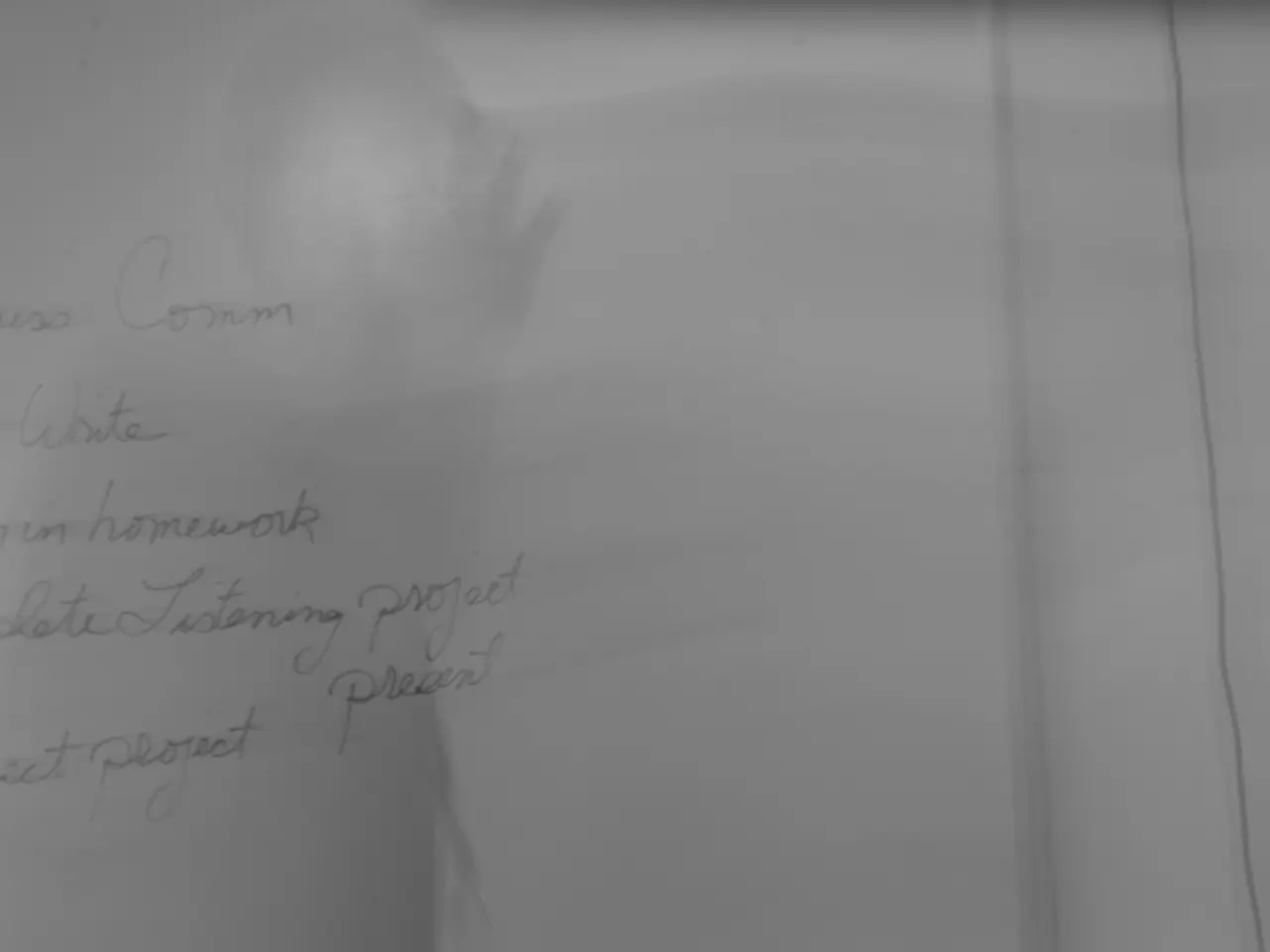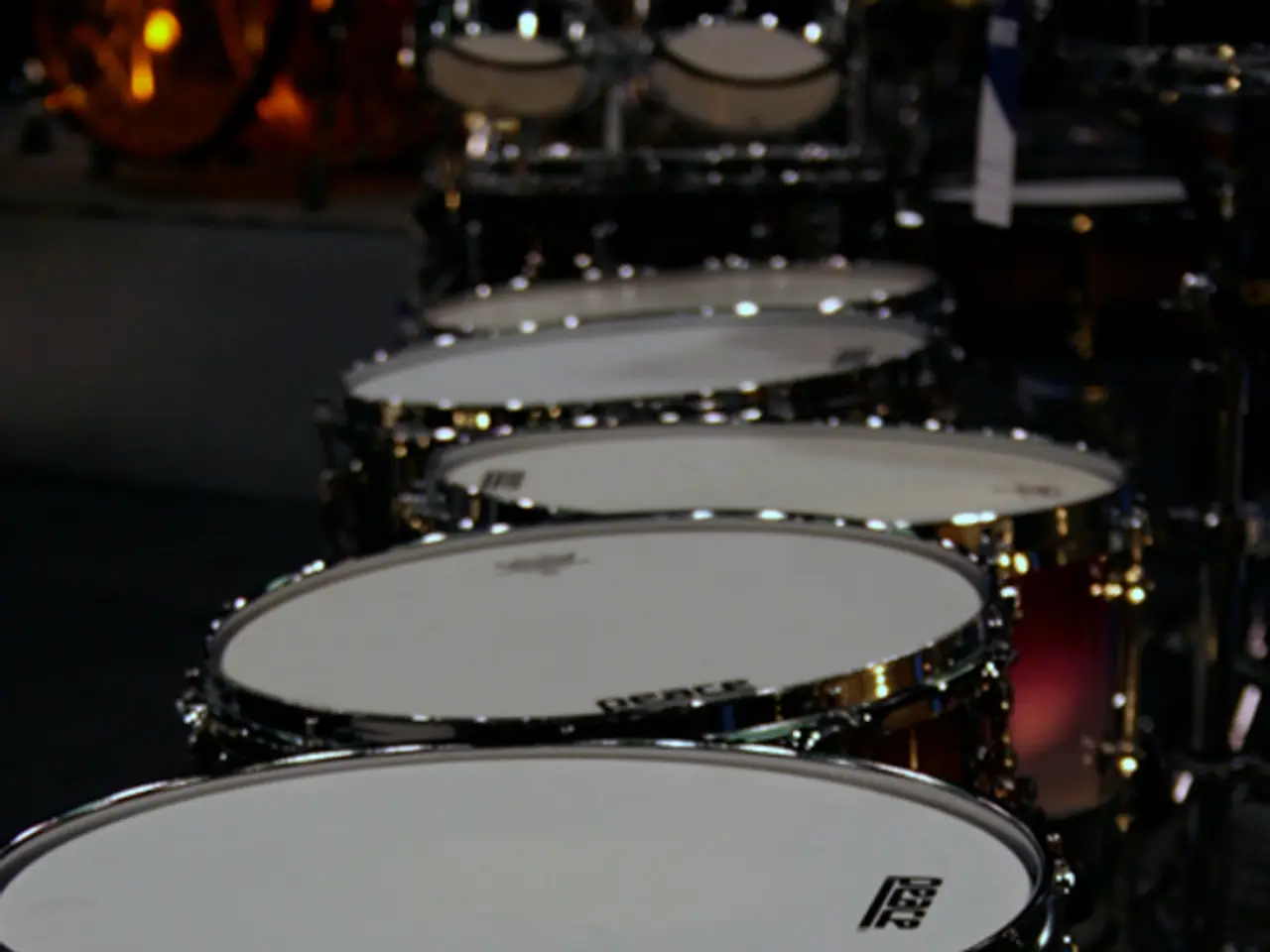Tactical Evasion of Plans or Policies
In the ongoing conflict between Russia and Ukraine, China has been a key player, albeit discreetly. Contrary to open declarations, China has been covertly supplying Russia with critical dual-use materials and technologies, according to multiple sources [1][4].
These supplies include gallium, germanium, antimony, machine tools, microelectronics, optics, drones, and cruise missile technology. Such support has the potential to bolster Russia's military capabilities, complicating China's relations with Western countries and Ukraine.
The US strategy, on the other hand, is to ensure China doesn't emerge as the sole victor in the Russia-Ukraine conflict. Initially, the Biden administration chose to arm Ukraine cautiously, in carefully measured doses [5]. This approach was designed to avoid direct confrontation with China.
Meanwhile, the US is shifting its strategic focus from Europe to the Indo-Pacific region, using European funds to boost its arms industry [6]. This move is a response to the war in Ukraine being viewed as a proxy conflict, with Russia being China's proxy and Ukraine being America's.
If Russia loses and is severely weakened, it risks becoming a fully-fledged satellite of China. Armed with Russia's natural resources, China would gain a decisive industrial and commercial edge over the United States. However, such a scenario could damage Beijing's ties with Europe and push EU countries into a preferred anti-China coalition.
The creation of a tribunal for Russian war crimes and the International Criminal Court's arrest warrant for Putin signal that Europe will not negotiate directly with Putin's regime [3]. This stance, along with the proposed special tribunal targeting the Russian Federation by the Council of Europe, indicates that no peace deal may be imminent [2].
The prolonged conflict in Ukraine leaves China in a stronger position, regardless of who wins. New developments in Europe, such as a new UK-Germany military cooperation treaty, renewed interest in easing visa requirements for Turkey, and talk of Armenia integrating into the EU, are signs of shifting winds in the continent [7].
In conclusion, while China has not openly declared supplying weapons, evidence suggests it provides Russia with key military technology and materials, impacting the geopolitical balance by strengthening Russia’s military capacities and complicating China’s international diplomatic posture [1][4]. The geopolitical implications of this covert support are far-reaching and could alter the global power dynamics significantly.
[1] https://www.reuters.com/world/china/china-has-quietly-supplied-russia-critical-military-technology-sources-2022-03-15/ [2] https://www.reuters.com/world/china/china-calls-international-opposition-nuclear-weapon-use-ukraine-2022-03-04/ [3] https://www.bbc.com/news/world-europe-60674963 [4] https://www.nytimes.com/2022/03/15/world/asia/china-russia-ukraine.html [5] https://www.reuters.com/world/us/us-arming-ukraine-carefully-biden-administration-says-2022-02-24/ [6] https://www.reuters.com/world/europe/us-shifts-strategic-focus-indo-pacific-region-arm-ukraine-2022-03-01/ [7] https://www.reuters.com/world/europe/european-union-army-chief-says-armenia-integration-possible-2022-03-10/
- The ongoing war-and-conflicts between Russia and Ukraine have led to policy-and-legislation changes, as the US strategy involves ensuring China doesn't gain sole dominance in the conflict, and the creation of a tribunal for Russian war crimes is a clear political move.
- In the realm of general-news, China's covert supplies of critical military technology and materials to Russia have the potential to significantly impact not only the geopolitical balance but also China's international diplomatic posture.






